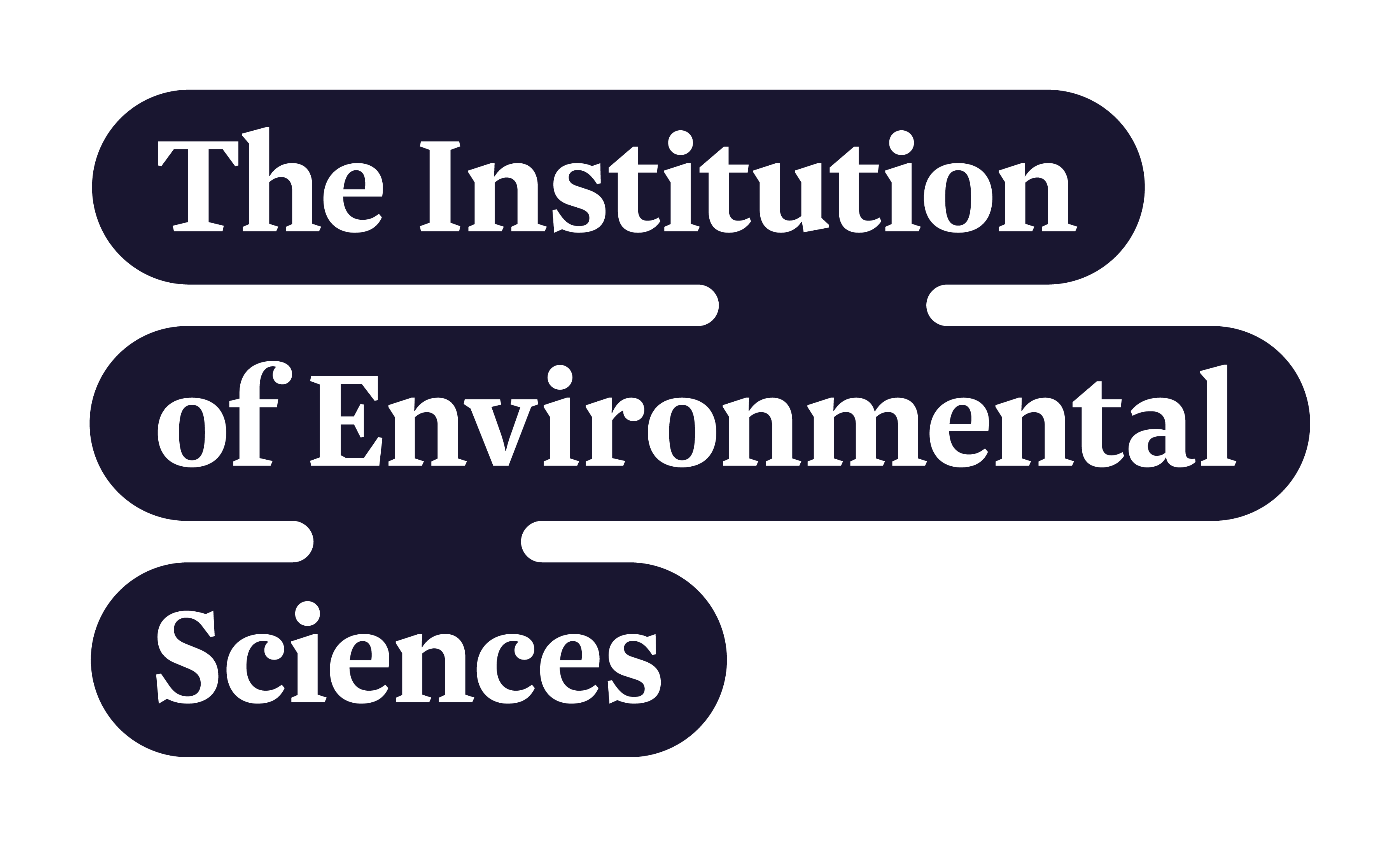Seven (and a half) policy papers for your summer reading
Joseph Lewis is Policy Lead at the Institution of Environmental Sciences, working to promote the use of the environmental sciences in decision making. Joseph leads the delivery of the IES Policy Programme, standing up for the voice of science, scientists, and the natural world in policy.
Joseph has ten years of experience in public policy, including in Parliament and the charity sector. He is particularly passionate about science communication and the role it can play in shaping environmental decisions.
Summer has arrived! It brings with it a stark reminder of the risks associated with extreme weather and the importance of resilience. In the weeks leading to Parliament's summer recess, it also brings an urgency to rolling out long-promised policy papers and announcements.
As ever, the IES is keeping members up-to-date on all these developments through our Essential Environment bulletin, which is available to all professional IES members and members of the Environmental Policy Implementation Community (EPIC). This month, we are also highlighting seven (and a half) key policy papers that you may want to put at the top of your summer reading list (or which you may seek to avoid until you can refresh yourself after a busy first half of the year from the perspective of environmental policy).
1. England's actions to jointly address climate and nature
The Department for Energy Security & Net Zero (DESNZ) has led the publication of a report on actions to jointly address climate change and biodiversity loss in England.
A joined-up approach to the triple crisis is critical, so this report is a strong sign of the Government's ongoing commitment to delivering solutions for climate and nature, including through key policies such as the Land Use Framework, which is referenced in the report. Over the coming months, the test will be whether this strong commitment is reflected in practice through the Government's actions.
2. A Food Strategy for England
Readers may be aware of the existence of the National Food Strategy for England, which was an independent review led by Henry Dimbleby and which has played an influential role in shaping government policy, particularly on key issues like land use.
This new policy paper is the UK Government's Food Strategy for England, which is an actual statement of government intentions and policy, placing the nation's approach to food in the context of the wider food system and the food cycle. The Strategy sets out a central vision focused on four objectives: growth, health, sustainability, and resilience.
3. The Solar Roadmap
As part of an overall effort by DESNZ to set out its strategic approach to delivering the UK's mission to be a clean energy superpower, the Solar Roadmap sets out actions to accelerate the deployment of UK solar.
It follows the UK's Clean Power Action Plan, published at the end of 2024, and goes into further detail on how that vision will be delivered in practice.
4. A strategy for onshore wind
Following the same logic, the Onshore Wind Taskforce Strategy provides a strategic overview of the UK's plans to unlock onshore and deploy wind in England.
Since July 2024, the Onshore Wind Industry Taskforce has been working to identify and deliver the actions needed to accelerate onshore wind's contribution to the UK's energy mission. This strategy provides more of the details of how the Government intends to deliver that goal in practice.
5. Water resources: A national framework
2025 remains a busy year for water. The Environment Agency has published a National Framework for Water Resources, building on the 2020 Framework. The Framework explores England's future water needs and sets out the actions needed to create longer-term resilience.
This comes in the context of ongoing work by the Independent Water Commission to assess the water sector regulatory system for England and Wales, which published an interim report in June and is soon due to publish its final report.
6. The Industrial Strategy
Since the election, work has been ongoing to develop a new Industrial Strategy for the UK, with consultation and policy papers gradually shaping the Government's approach over recent months. On 23rd June, the Government published the Industrial Strategy and presented it to Parliament. The Strategy focuses on the economic development of eight "growth-driving" sectors over the next 10 years.
Alongside the Industrial Strategy, each of the eight key sectors has a bespoke Sector Plan to help drive growth. Those sectors include clean energy, which presents opportunities to continue the acceleration of green jobs across the UK.
7. Progress towards England's Environmental Improvement Plan
Every year, the Government is required to report on its progress towards the Environmental Improvement Plan for England (EIP). That annual progress report has now been published, offering analysis on the UK's progress based on the Outcome Indicator Framework, as well as some commentary on plans for the new Government's own Environmental Improvement Plan, which is due to be released later this year.
The progress report promises that the new EIP will "be a clearer, prioritised plan for achieving environmental outcomes such as reducing waste across the economy, planting more trees, improving air quality and halting the decline in species" and that it will include a new (and stronger) approach to monitoring and evaluation.
(And a half!) The future of the UK Green Taxonomy
As part of a speech at Mansion House, the Chancellor, Rachel Reeves, announced that the UK is no longer pursuing a green taxonomy. As an alternative, the Chancellor hopes to assure the credibility of green finance through the Transition Finance Council, which aims to produce (and support the uptake of) guidelines for credible transition finance through the Transiton Finance Market Review recommendations.
Yet green finance is not necessarily the same as transition finance, and without a robust and consistent taxonomy, green finance may not actually be going to sustainable projects, so the announcement is good news for greenwashers and raises questions about how meaningful the UK's finance commitments will be in the long-term.
More than summer reading: get involved!
If you want to support the work of the IES to stand up for science and nature, become an affiliate, or if you’re an environmental professional, join the IES. You can also learn more about EPIC and its work to support the implementation of policy in practice.
To find out more about environmental policy or the training we offer for members, please contact Joseph Lewis, IES Policy Lead (joseph@the-ies.org).
Image credit: © Scott via AdobeStock


